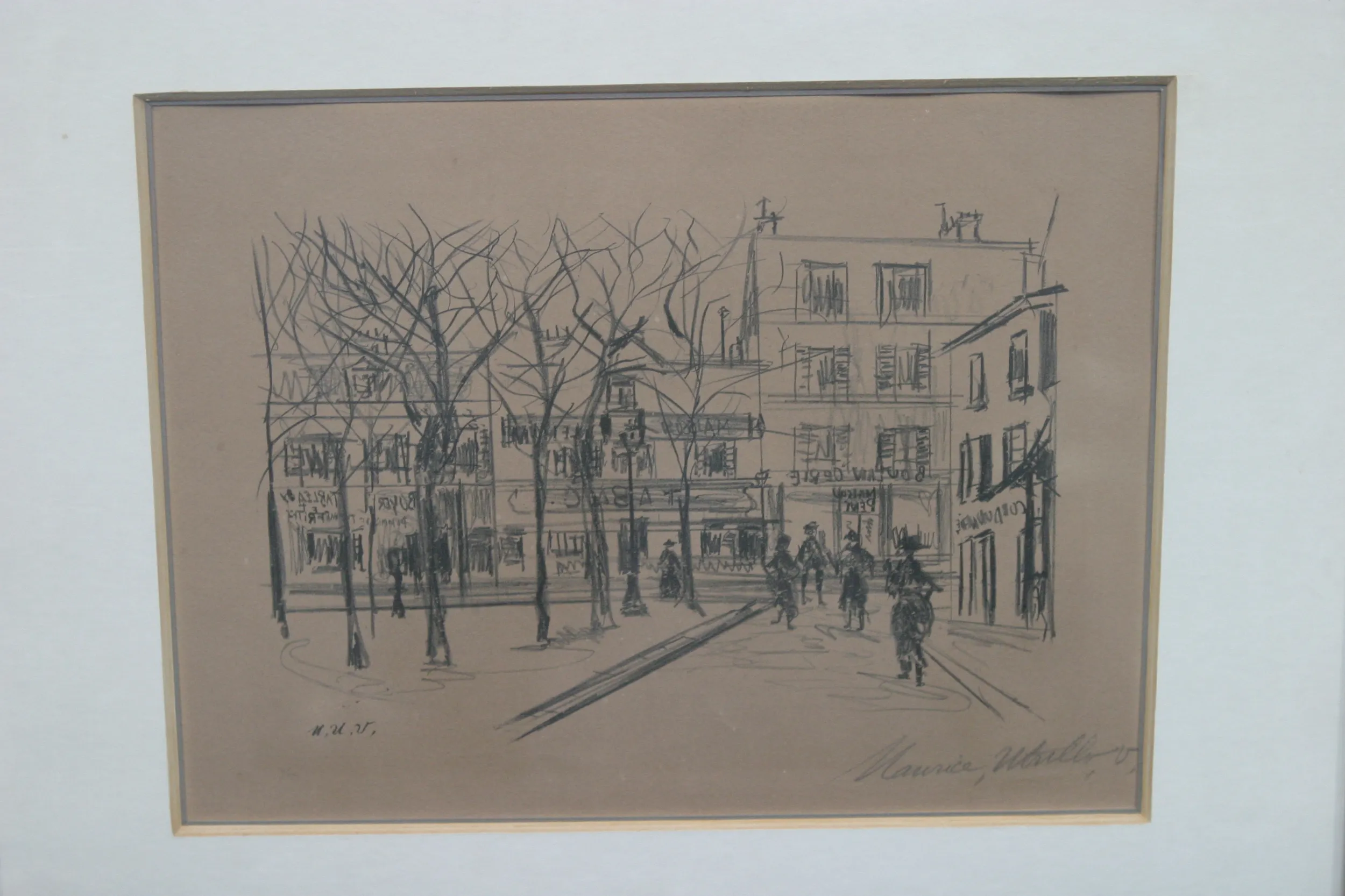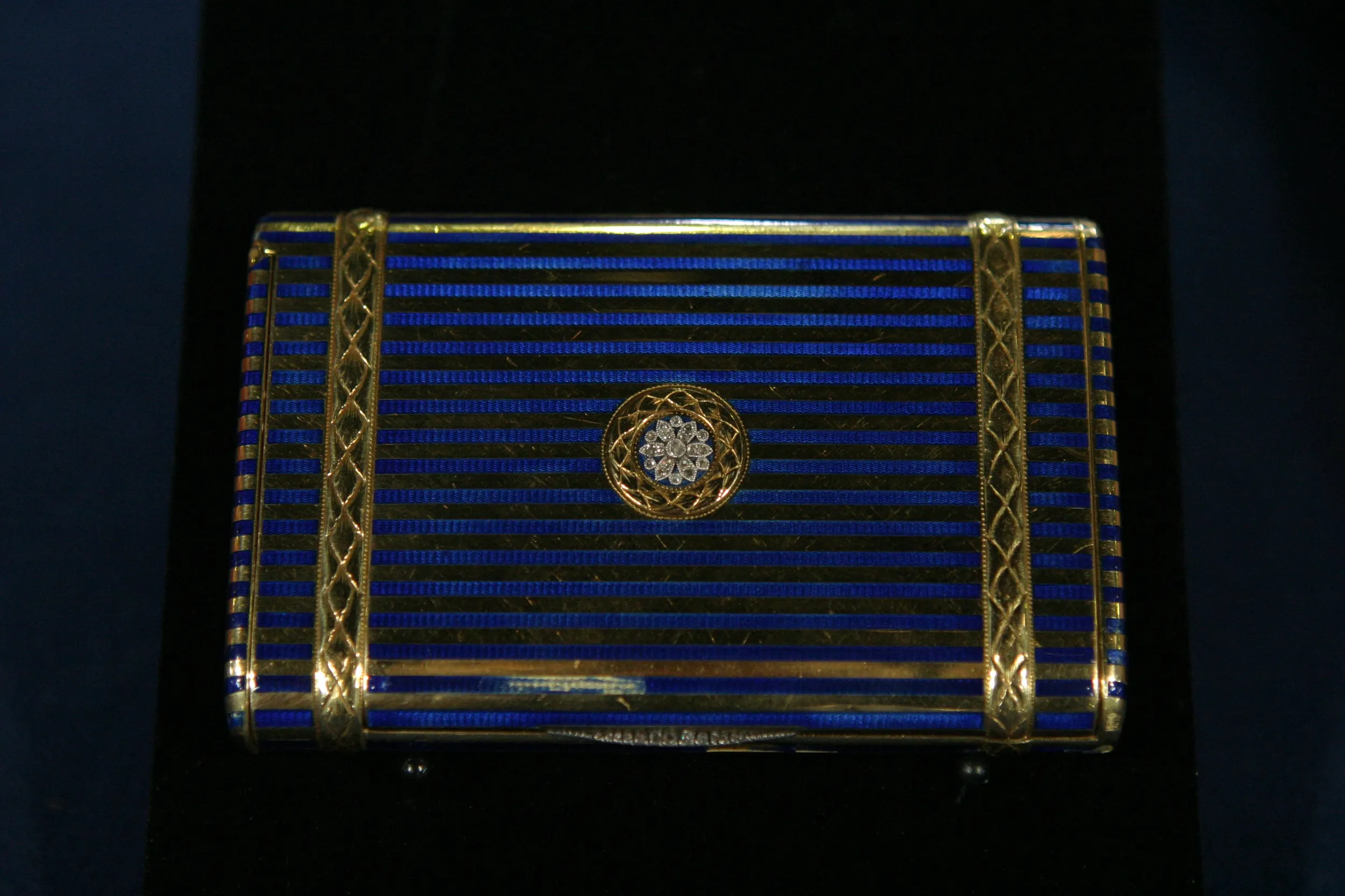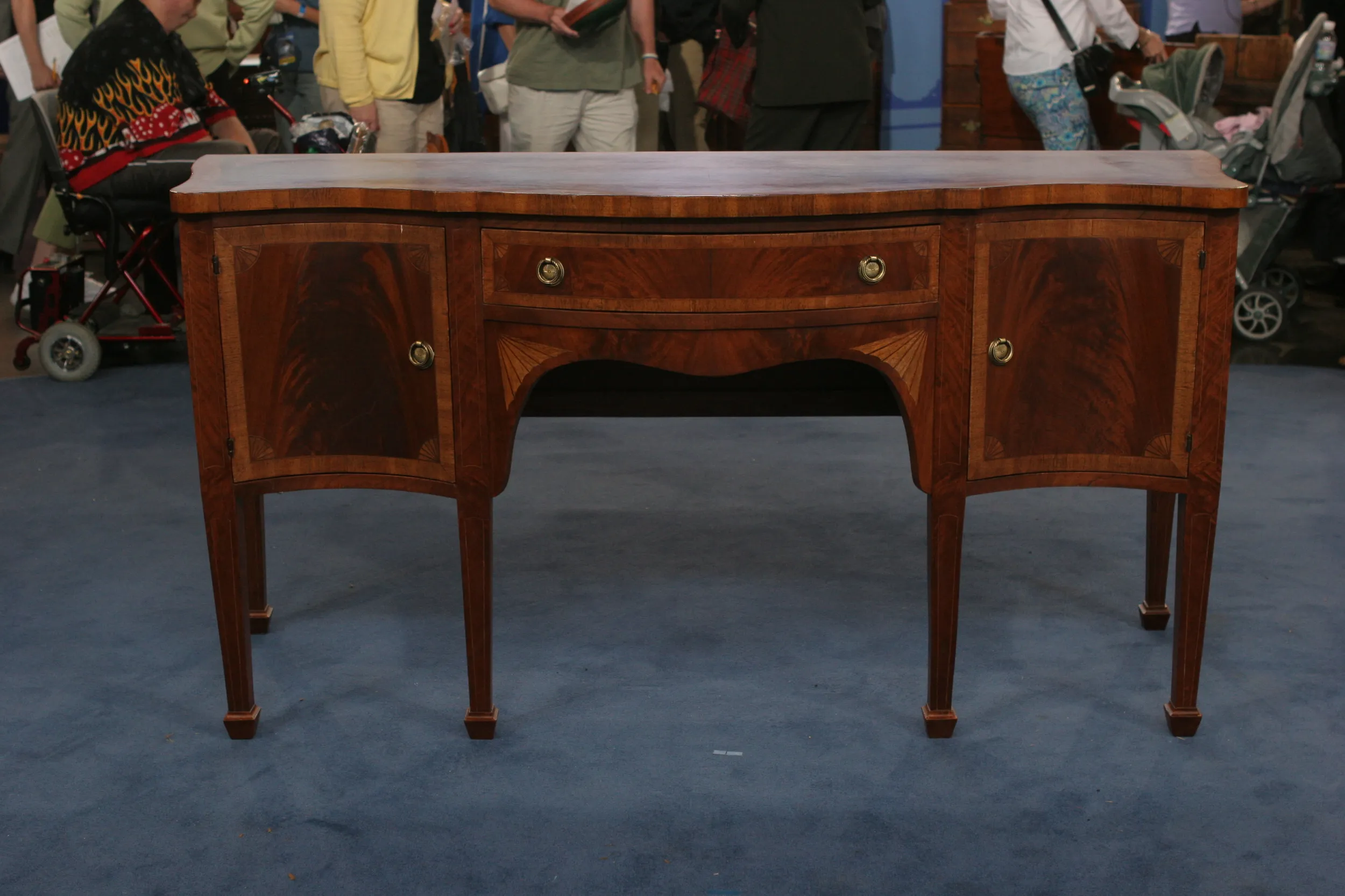GUEST: It belonged to my grandmother. I never saw her play it. She passed away in 1984, and I inherited it. And it's been in my attic ever since.
APPRAISER: Now, the attic turned out to be a pretty good place to store it, right?
GUEST: I guess so.
APPRAISER: And do you know anything at all about it?
GUEST: I know that it's Martin because there's a little sticker inside that says "Martin."
APPRAISER: Mm-hmm.
GUEST: That's all I know.
APPRAISER: The C.F. Martin Company has been in Nazareth, Pennsylvania for a very long time, and they're known as the premier maker of guitars in America. And they have styles of guitars that are virtually unchanged from many, many years. We can appreciate the simple lines of this instrument and the beautiful way in which it was made using a spruce for the top, mahogany for the back and sides. This is a model designated as the O-18, and it was built to be played in the Hawaiian style. Now, do you have any recollection about your grandmother playing…
GUEST: Yes.
APPRAISER: …Hawaiian guitar?
GUEST: Yes, I can see her with it on her lap, and a steel thing…
APPRAISER: Right.
GUEST: …plucking the guitar.
APPRAISER: So you remember this.
GUEST: I remember the Hawaiian guitar, but I didn't realize it would have been this one.
APPRAISER: Oh, so it definitely was this one.
GUEST: Okay.
APPRAISER: And this dates from 1928. It was meant to be a very simple but elegant guitar, virtually unchanged since the 1850s-- both in the materials and the decoration, which is simple but elegant. One example is this very subtle edging around here, and that's called the binding, and that's made of rosewood. And the other materials used on it are ebony for the finger board, ebony for the bridge, and there's one thing that I have to point out: there is a very, very small amount of ivory in this guitar. And it's an important thing to point out because currently, there are laws in place to protect against the illegal poaching of elephants. The laws concerning the sale of ivory do vary a little bit from state to state. And in order to sell the guitar, what has to be done is the ivory saddle right here be taken out and replaced with another material.
GUEST: Oh.
APPRAISER: A synthetic material, or perhaps bone. The great thing that I love about this instrument is the condition. She was either very, very careful with it or played it very seldom.
GUEST: Probably played it very seldom.
APPRAISER: Well, these have always been quite popular. However, lately, the models with the 12 frets clear of the body have been a little bit difficult to sell. But there are enough people in the market who would appreciate the condition of this guitar. It's practically a time capsule. We've even got this case that's in practically perfect condition. In the retail context, the price range on this currently runs in the range of about $3,800 to about $4,200.
GUEST: Oh, my.
APPRAISER: So it's a pretty nice little package.








